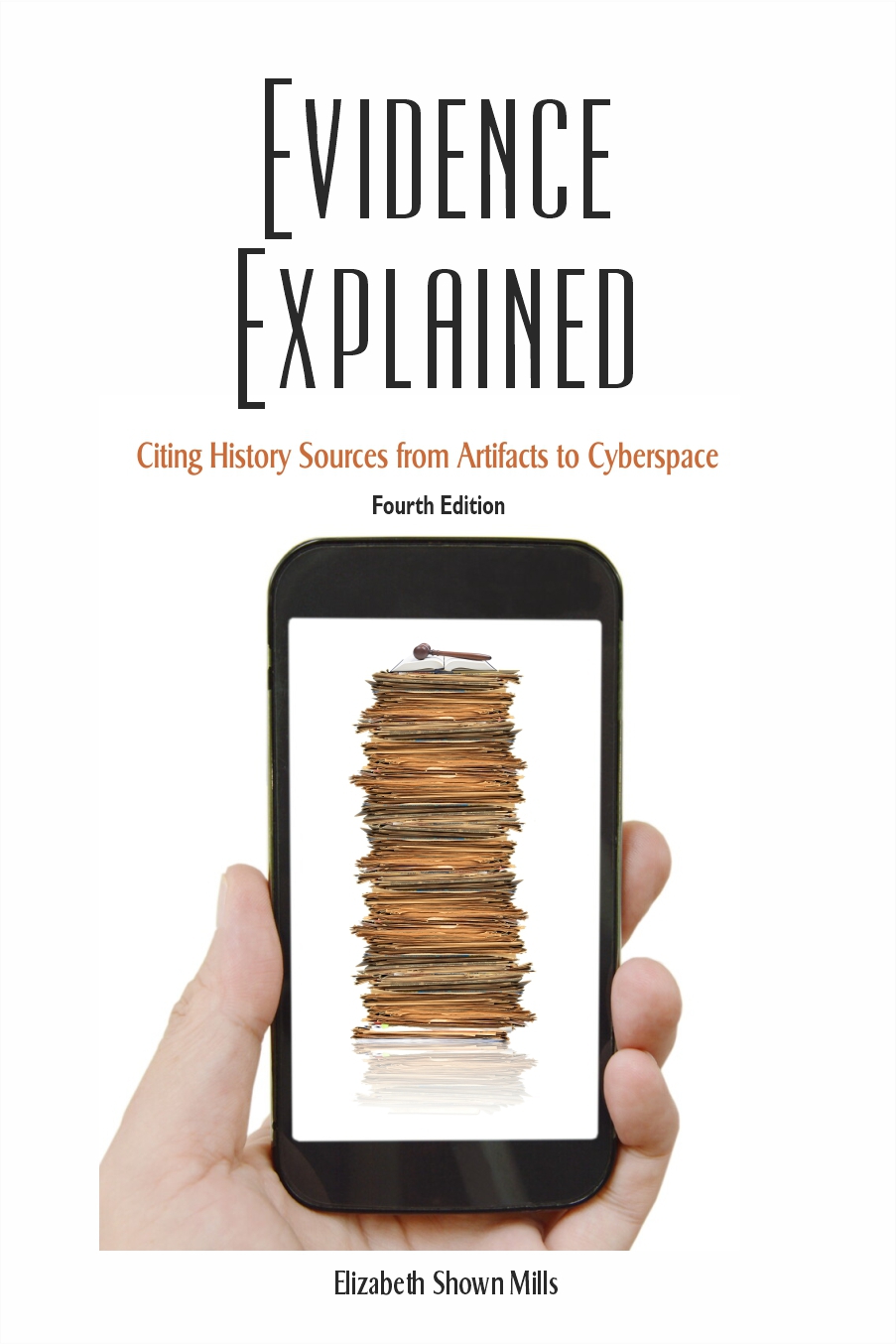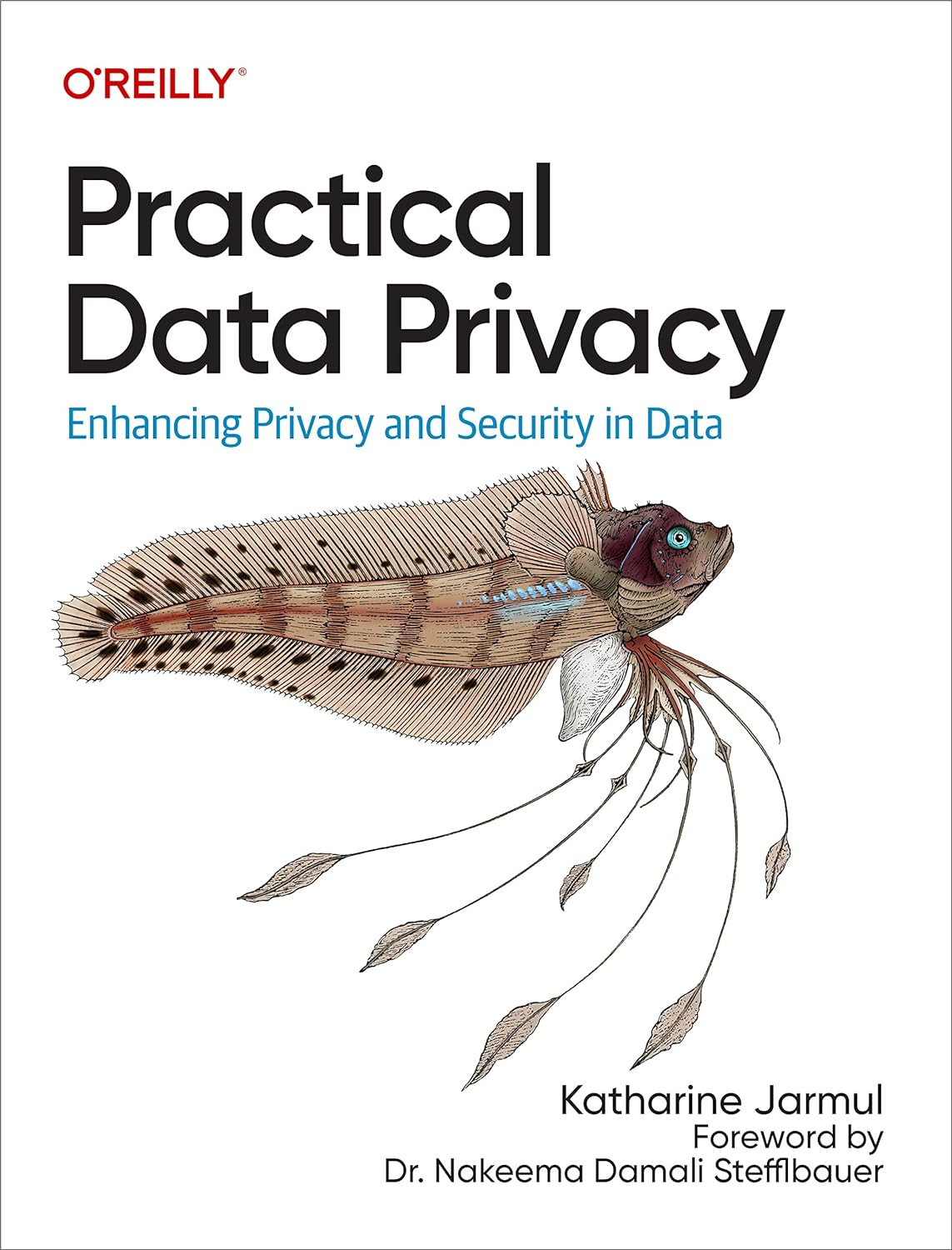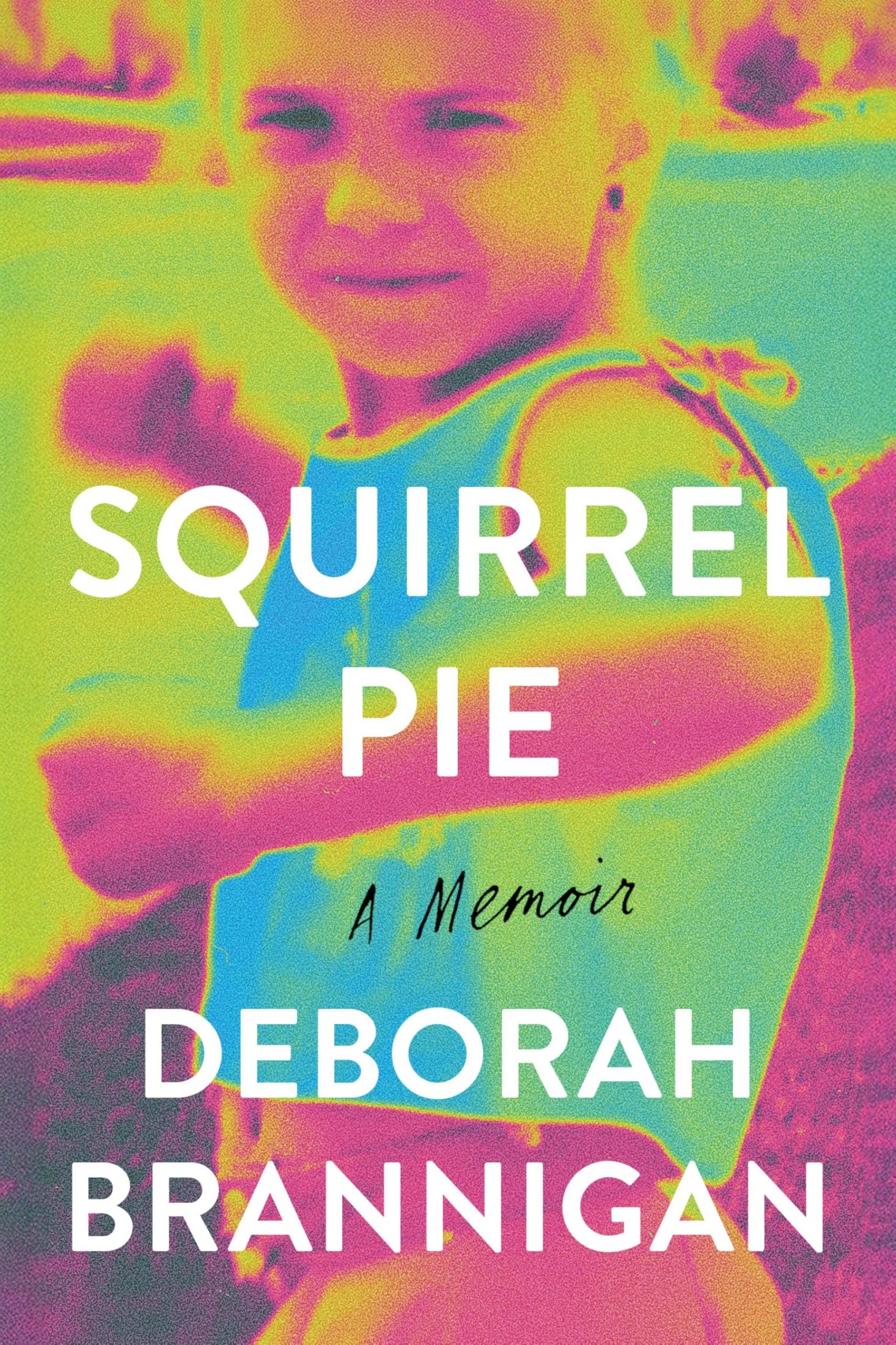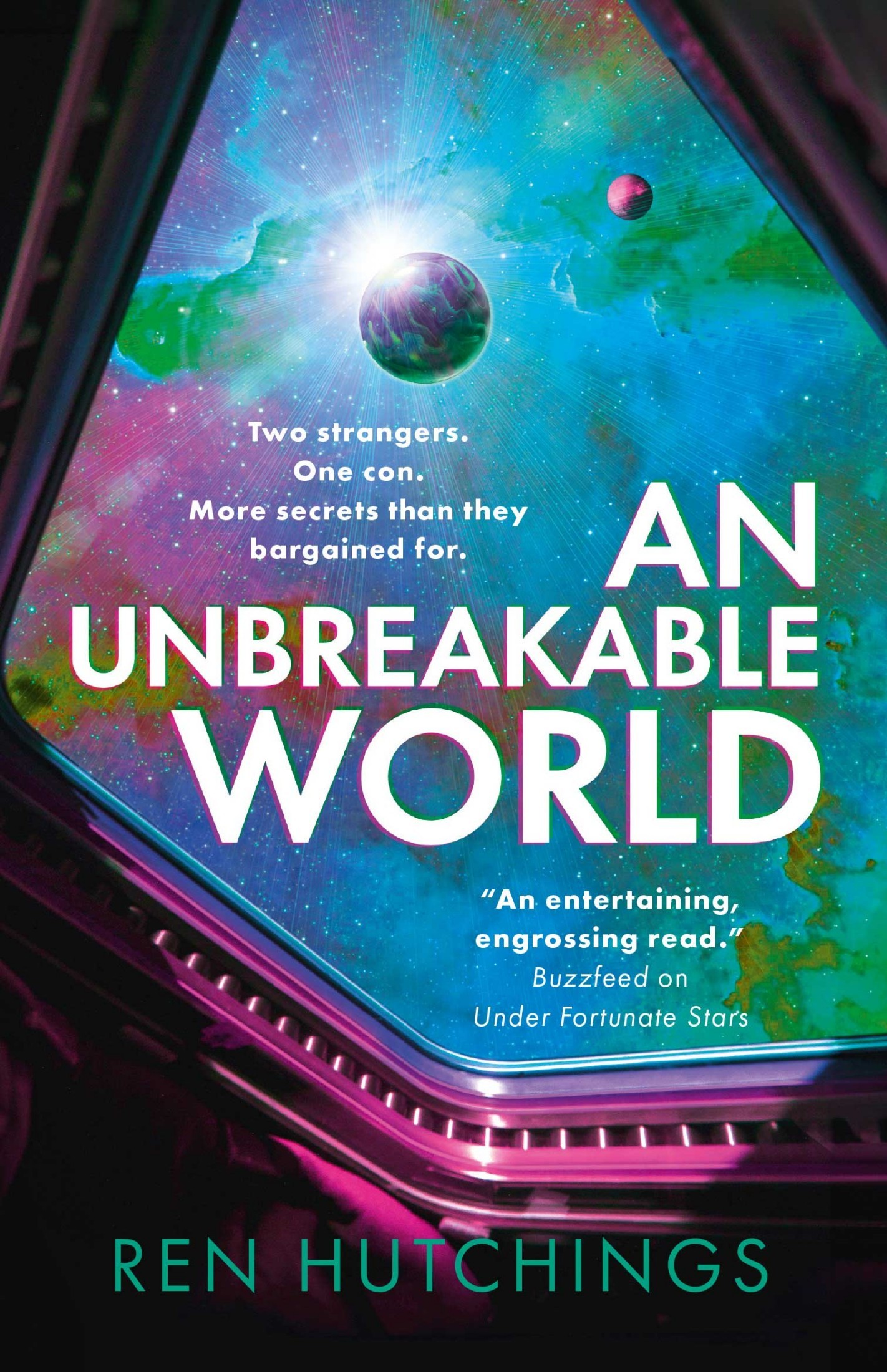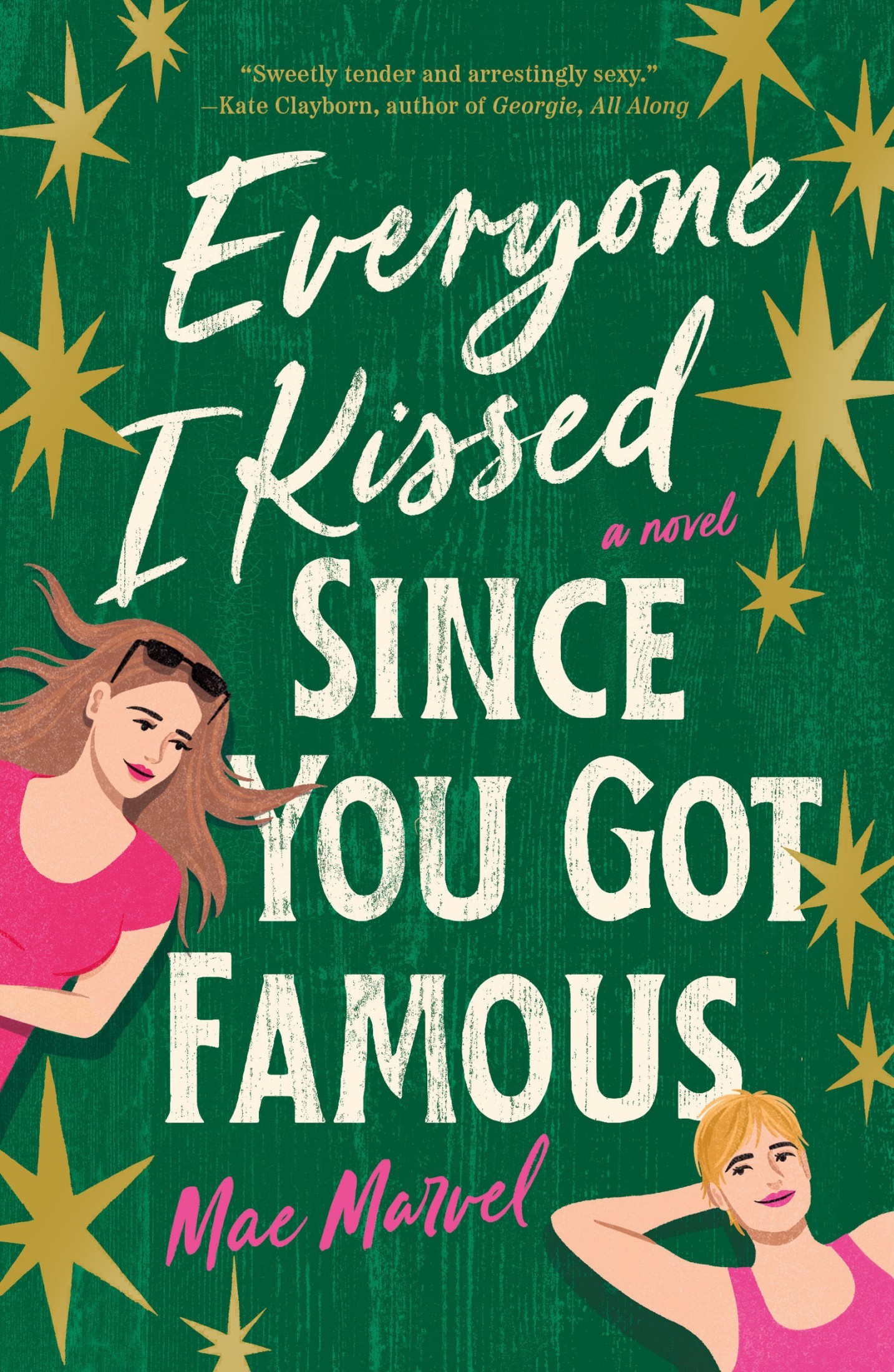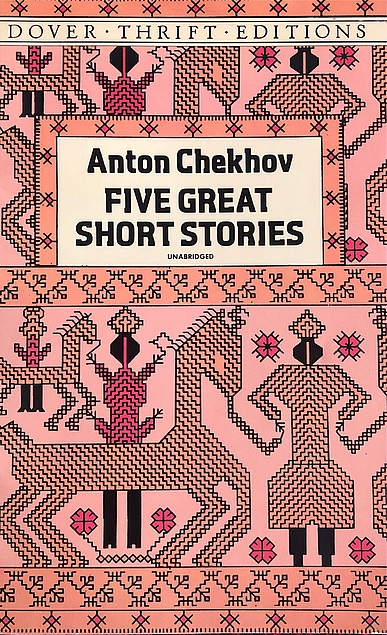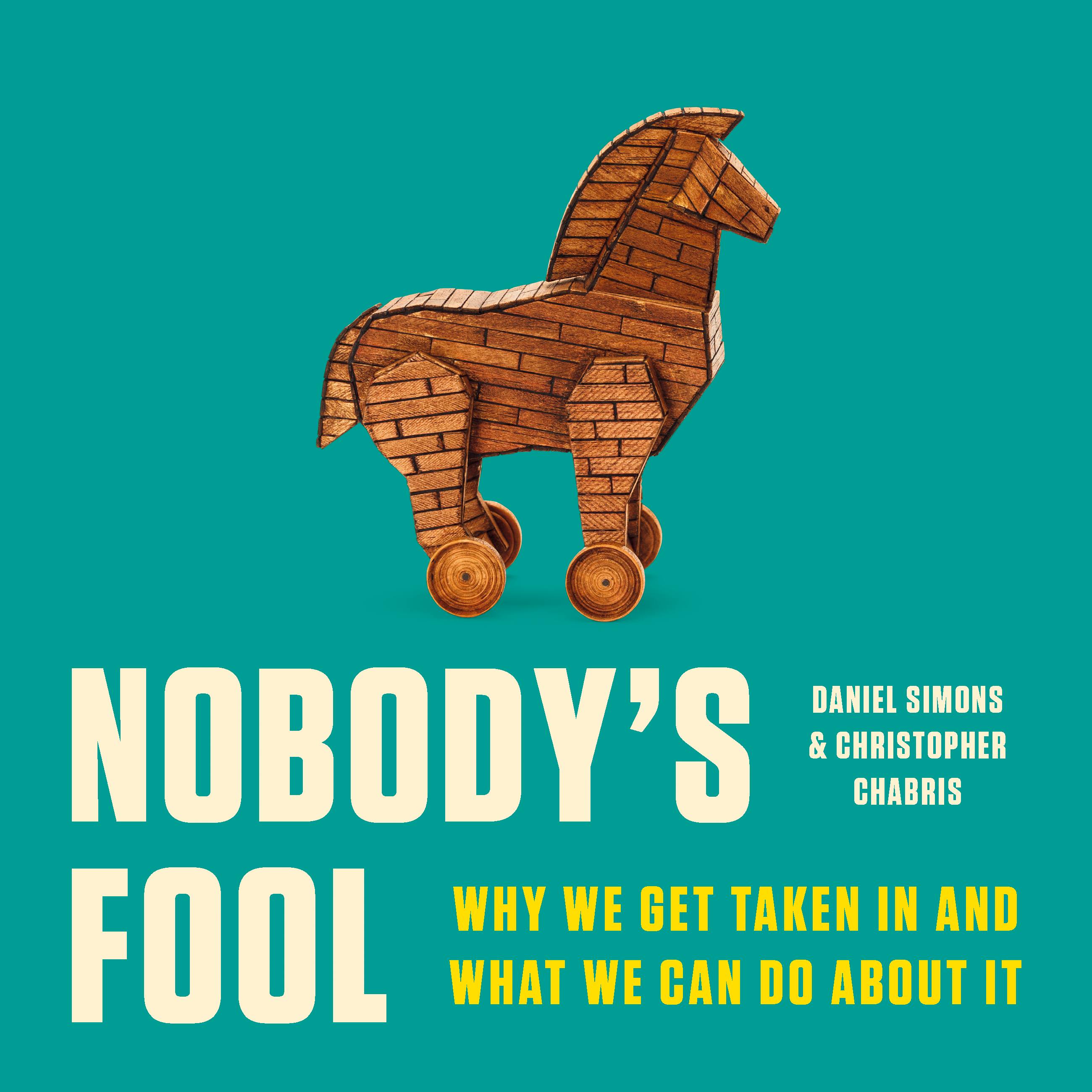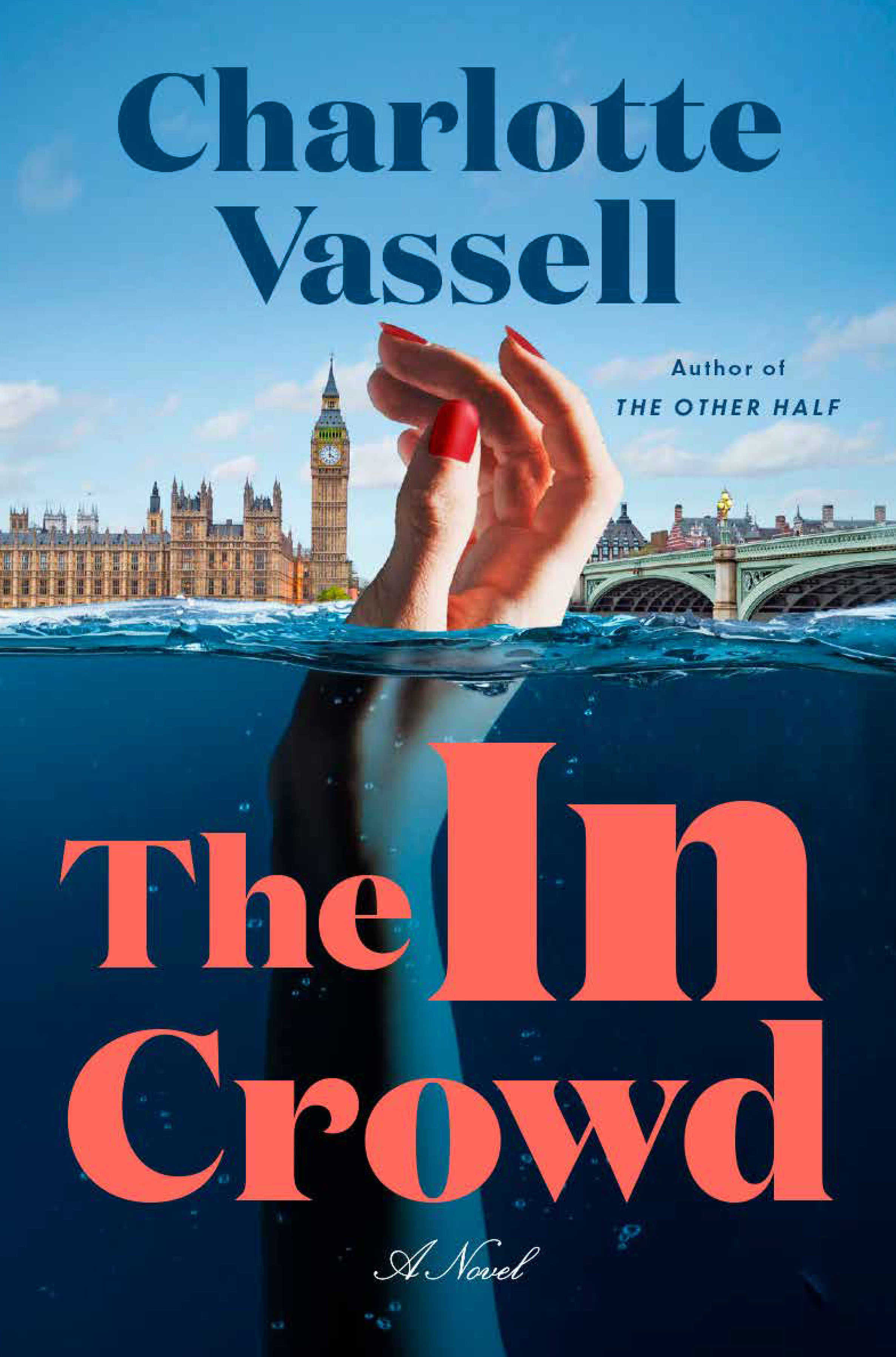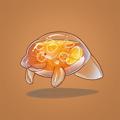pootriarch reviewed Pronoun Trouble by John McWhorter
But not for me
3 stars
Engaging writing, interesting subject, well-documented. On paper, this history of pronouns across time and languages should have been a perfect read for me, but it left me flat.
The author travels through history to gauge the evolution of modern pronouns, showing that their usage (and quantity) are different across tongues, including English itself and languages both adjacent and distant.
"They" is saved for the last chapter; the singular "they" brings the most receipts but feels the least convincing from him, who clearly is coming to terms himself with the concept.
It's littered with pop-culture references that are on point, but taken together, they carbon-date him even before he states his own age. By the time he reveals that he was 22 in 1988, your response is, of course you were.
It felt like being cornered at a cocktail party with an earnest elder scholar from the East Coast who has …
Engaging writing, interesting subject, well-documented. On paper, this history of pronouns across time and languages should have been a perfect read for me, but it left me flat.
The author travels through history to gauge the evolution of modern pronouns, showing that their usage (and quantity) are different across tongues, including English itself and languages both adjacent and distant.
"They" is saved for the last chapter; the singular "they" brings the most receipts but feels the least convincing from him, who clearly is coming to terms himself with the concept.
It's littered with pop-culture references that are on point, but taken together, they carbon-date him even before he states his own age. By the time he reveals that he was 22 in 1988, your response is, of course you were.
It felt like being cornered at a cocktail party with an earnest elder scholar from the East Coast who has far too many stories in his head and a desire to show himself as able to evolve, keeping up with the kids. I'm modern, he says. You can be too.

